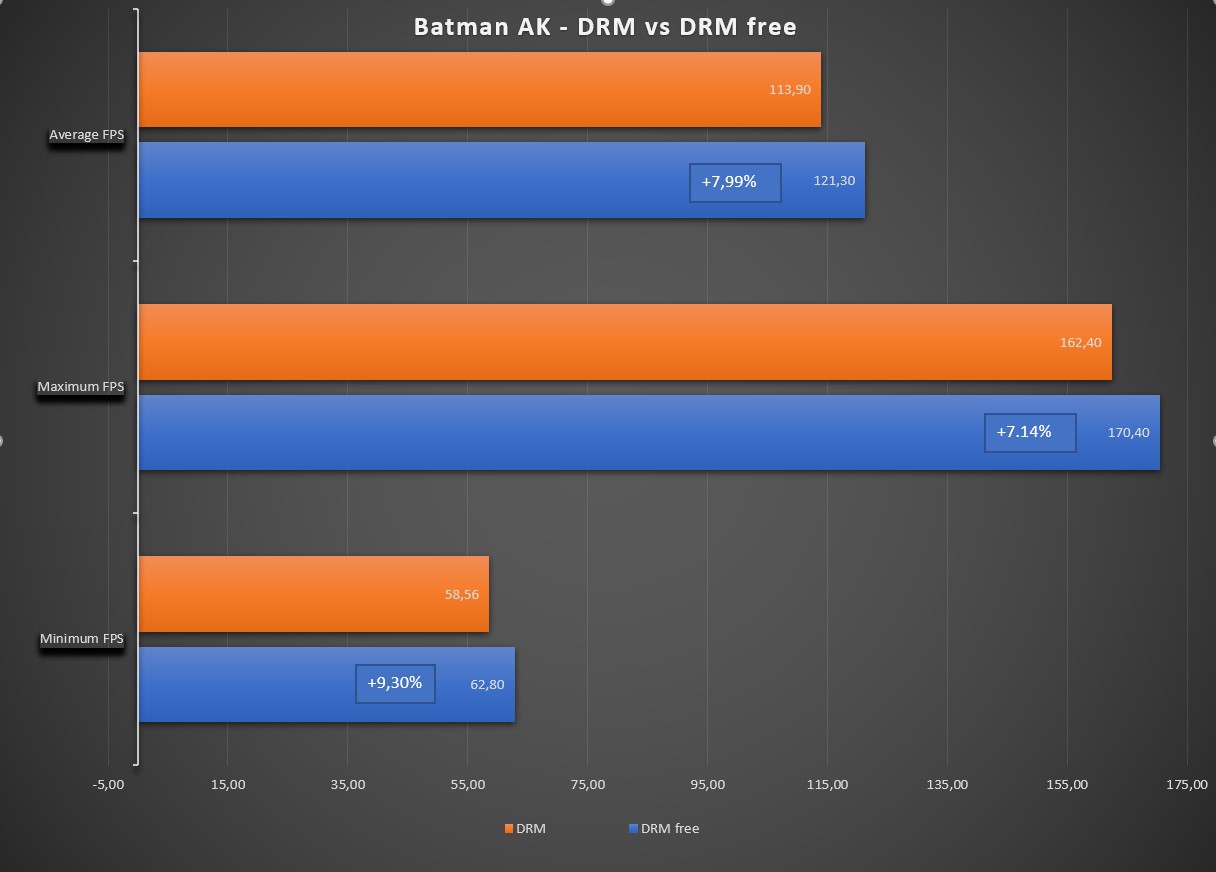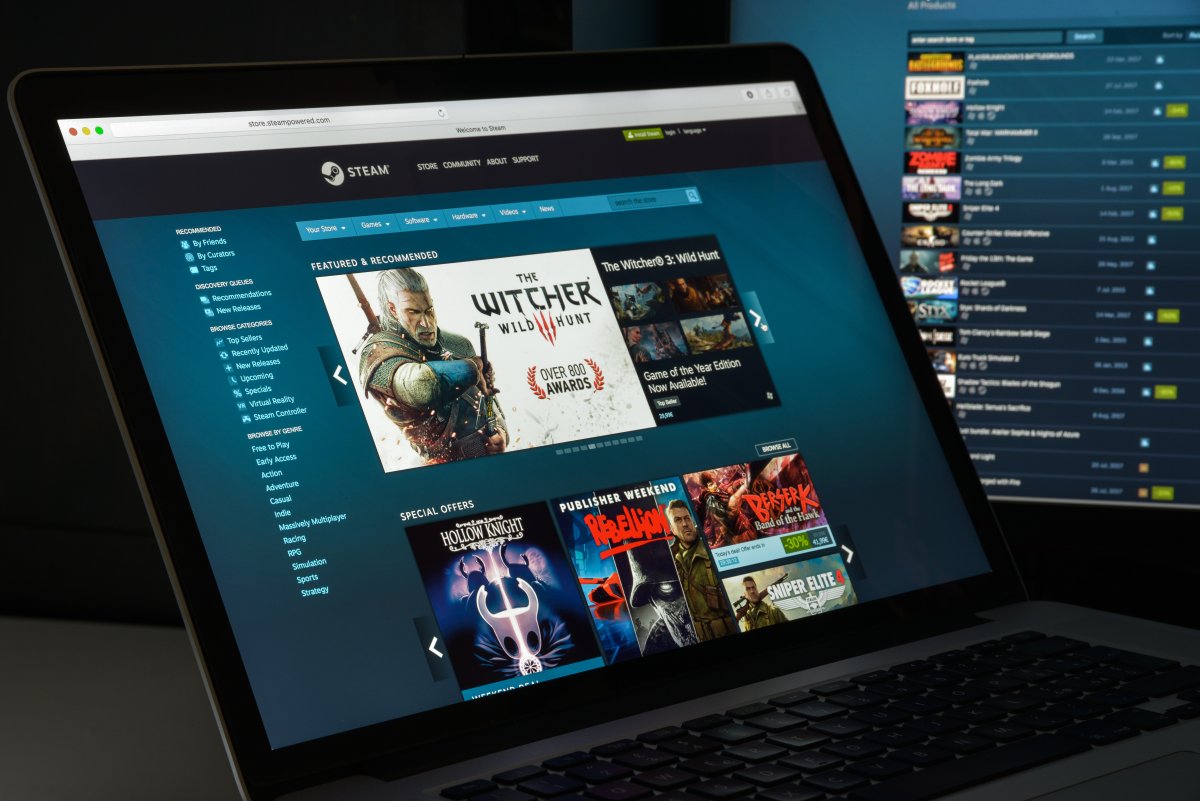I understand they aren't the same type of goods and transactions but in essence they are the same : games.
Ignoring the
entire pipeline process for
how an end-product is being delivered to you and then
just focusing on the end-product being the same is again, such an
incredibly horrible argument that it actually handicaps the argument for better digital rights.
Yes, there are differences in the ease and frictionless way you can transfer ownership but at the end of the day, to me, the end result is the same.
Yeah, I too can stick my head in the sand and say "THIS THING THAT ISN'T THE SAME IS TOTALLY THE SAME TO
ME," but that doesn't make it any more or less true. It would just make me a goober.
A digital good has zero friction in its purchase and delivery methods, as well as zero degradation over time. That inherently makes it an incredibly different good that
can't be treated the same way as a physical good. Because
reselling a digital good is the exact same as distributing the original digital good. There is zero difference between the two. That is not the case for real-life objects, where exhaustion and first sale doctrines make much more sense.
Besides, the second part of your argument, saying that we should be against having rights because companies are going to react like assholes is not compelling to me. Simply because they are going to be greedy doesn't mean I have to give in.
Sure, again, you can cut off your nose to spite your face, but that doesn't mean it's an intelligent decision.
You are free to do what you want but you can't pretend to know the way it will pan out with absolute certainty either.
We know how it's going to pan out
because we've already seen this shit happen in software. It's the same shit all over again, except the tech companies were smarter, saw the writing on the wall sooner and started moving to subscription models years ago. There have been rumors that companies like Apple and Amazon are thinking of dropping MP3 support, and this is just going to hasten that decision for all digital content distributors (games or otherwise).
Let's try a quick thought experiment with an example game:
Inside was an acclaimed, short puzzle-adventure game that you can reasonable finish within
4 hours.
If digital resale is allowed, the first purchaser could finish the game within 4 hours, and sell it to someone on the other side of the globe instantaneously. Let's be generous and say the time to sell was around 1 hour. So within 24 hours, the game could have conceivably changed through nearly 5 different users' hands, crossing through the USA, Russia, Sweden, Brazil and Australia all within that one day. And within a week, a single copy could have gone through 30 or more players' hands. All of this is happening
instantaneously, without
any cost to the seller or buyer, and without
any degradation of the original product. Comparably, if you sent a physical good to 30 countries, the item would be a ratty, dinged up, valueless piece of total shit by the time it hit buyer #30.
Or forget actual reselling transactions. It would be trivially easy to create a verified lending library system wherein you get on a waitlist for the license to be "sold" to you temporarily. Sure you'd have to wait in line, but once the pool of "sellers" (lenders) of day one purchasers coalesces, other interested "buyers" (lendees) would never have to do anything other than wait for a few days to play.
So what happens to the game industry? There's a couple obvious outcomes, almost all of which are fairly negative.
- Like the software industry we move from perpetual license purchases to recurring license purchases, either monthly or yearly (this is the most obvious future solution especially for big AAA titles).
- We see an escalation in the GamePass/Apple Arcade subscription models as the primary method of consumption, so that we don't even remotely "own" our games (this is the most obvious future for small indie titles).
- Games will include more "Battle Pass" or "Prime Status" subscription upgrades to effectively gate content (this is the most obvious future for GaaS/ongoing titles).
- Games will increase in price and no longer see deep discounts (and possibly no discounts ever). Because if users can buy a game and instantly sell it, why would anyone ever offer sales? We would just buy on a weekend sale discount, finish it, then resell it at or slightly below the sale price, and undercut the developer's normal price when the sale ends (this is the future for everyone in general).
It's like everyone saw the headline and thought "Oh shit, that means I can sell all my regret purchases on Steam now!" without thinking what that would mean for the market, and how devs from indie to AAA would react to such a shift.








